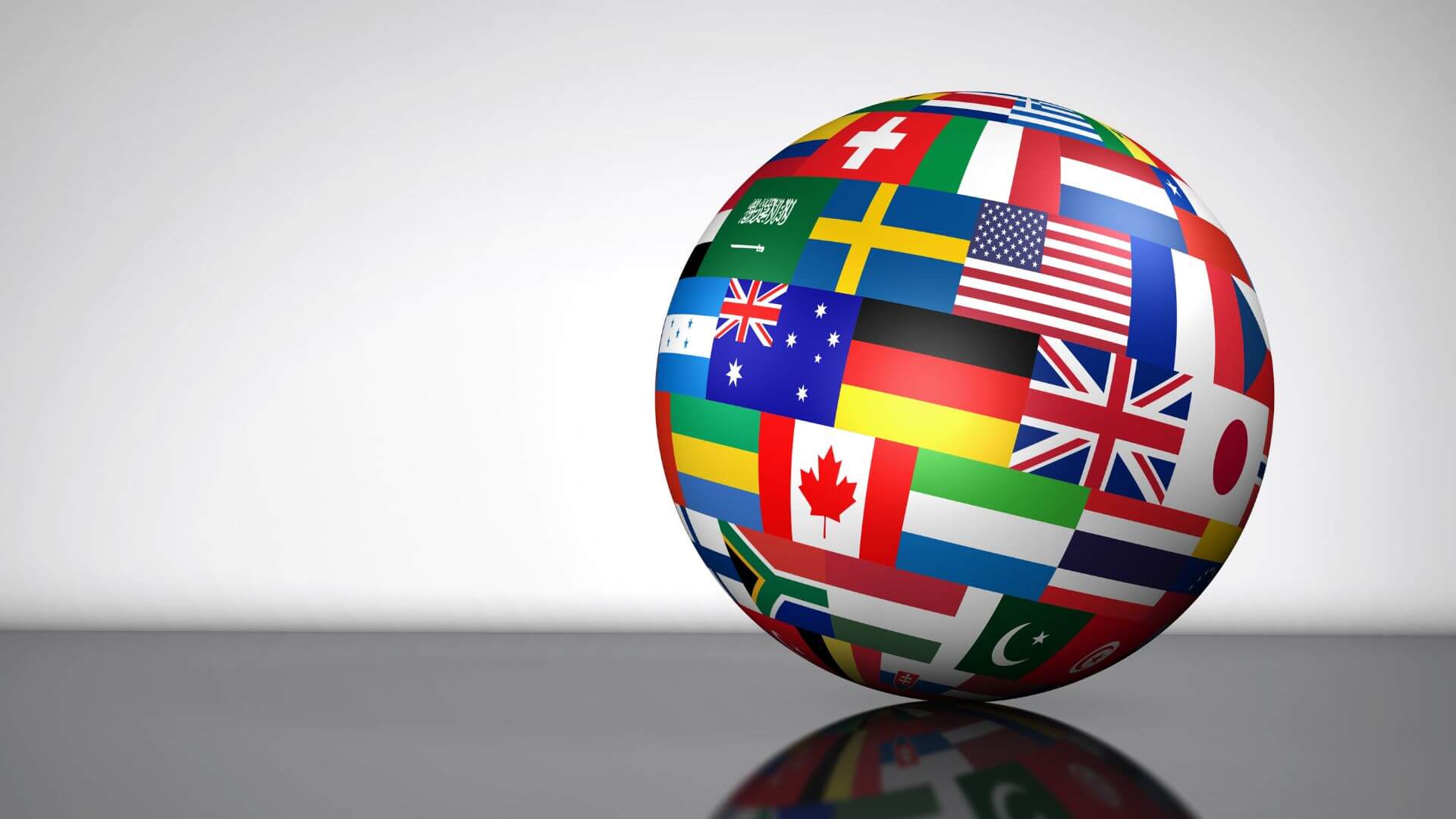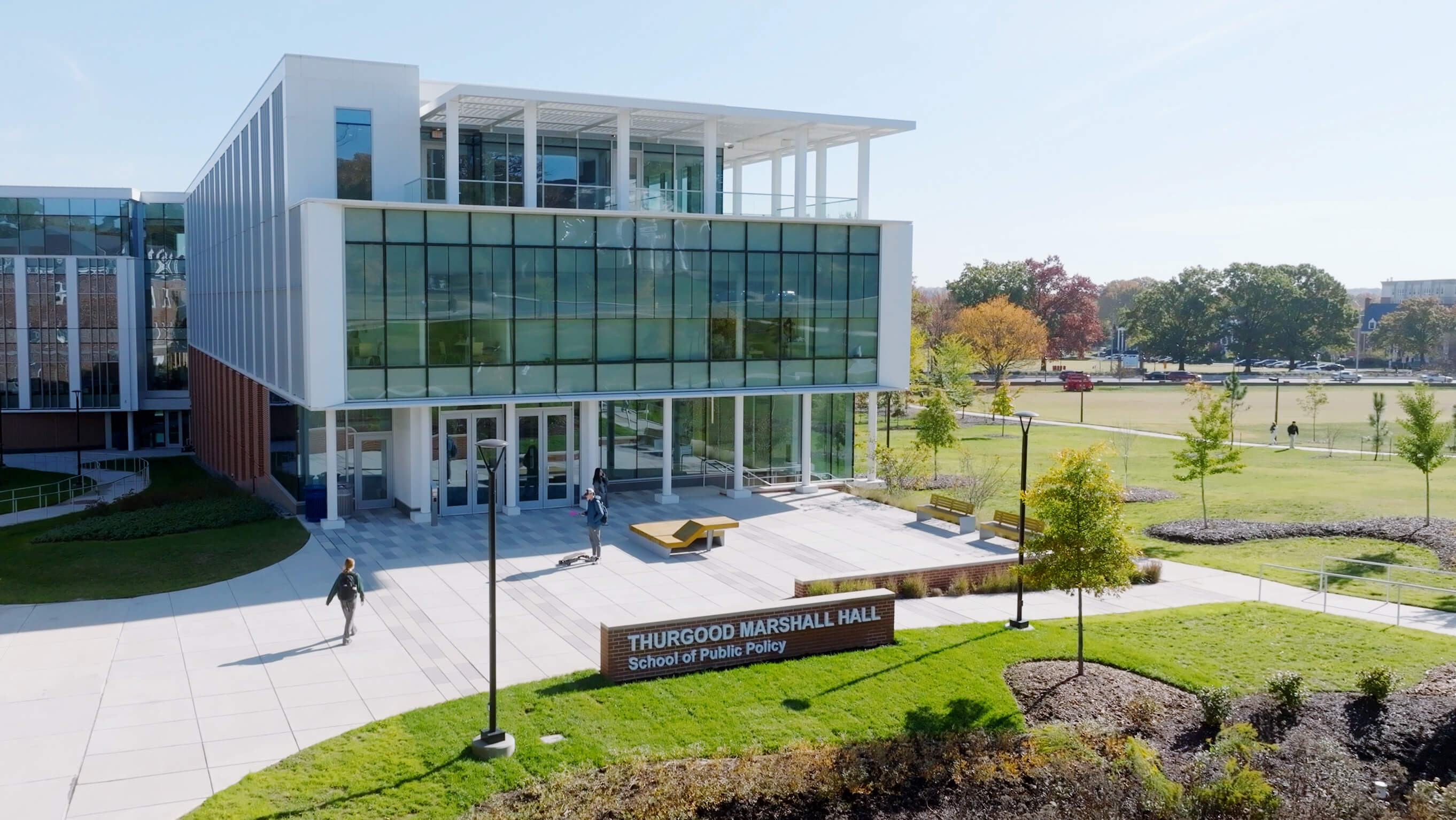
School of Public Policy Research Professor Uri Dadush examines the global trade landscape in his new book, “Geopolitics, Trade Blocs, and the Fragmentation of World Commerce.” Dadush documents the risk of a fragmenting trading system and outlines the perilous consequences for economic welfare, the fight against climate change and, most ominously, for global security. Trade rules are flouted even as globalization continues, propelled by technology, markets and rising global incomes, requiring, on the contrary, better and more enforceable rules. “Trade fragmentation is like an avalanche – it is building but has only just started, and it’s not too late to stop it,” Dadush emphasizes.
The intensifying U.S.-China rivalry, though largely about geopolitical dominance, is a core cause of trade fragmentation. The escalation forces smaller countries to adopt policies that are out of line with their own economic interests. “History tells us that trade tensions can be the harbinger of, and the pretext for, real wars,” cautions Dadush.
History tells us that trade tensions can be the harbinger of, and the pretext for, real wars.Uri Dadush
To address these challenges, Dadush argues that a strategic accommodation between the U.S. and China is a necessary condition—an imperative in the age of nuclear weapons. He emphasizes that a trade deal between the world’s two largest economies is possible because they remain vitally interested in trade, including with each other. Also needed is more attention to the social rifts associated with globalization and automation. Reforms to the World Trade Organization (WTO) must modernize its rules on subsidies and state-owned enterprises and accommodate climate-related measures while minimizing their trade distortive effects.
Established technologies, like automation and information and communications technology, along with emerging ones such as artificial intelligence, will continue to propel and reshape global trade. However, Dadush warns that they are also likely to deepen inequality and make political compromise more difficult. Nations need a welfare system that mitigates the effects of technological shifts and of trade with lower-wage competitors. “Rich nations that have established an advanced welfare state and robust safety nets appear to be more resistant to populism, and to protectionist and isolationist pressures,” explains Dadush. “Developing countries cannot afford an advanced welfare state, but they can grow rapidly if they meet certain basic conditions of governance, and this helps sustain their cohesion and engagement with the world.”
Dadush argues that while preferential free trade agreements offer the promise of stability among the parties, they cannot replace multilateral rules, especially against a background of great power rivalry. “Without multilateral rules, preferential agreements can easily turn hostile to each other and become less cohesive internally,” shares Dadush.
As the global trade environment becomes more fragmented, Dadush’s book, endorsed by several trade experts and prominent policymakers, offers guidance that could prove critical in navigating the complexities ahead.



